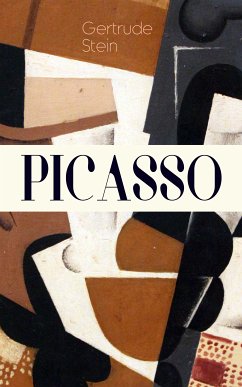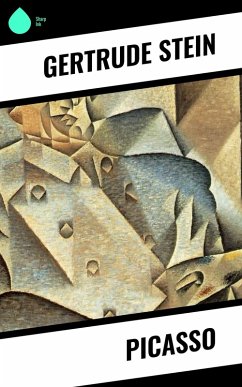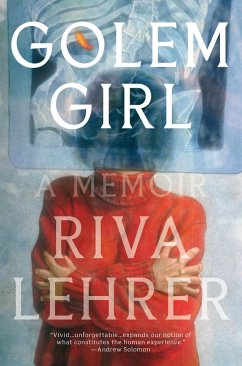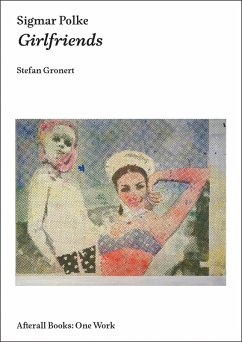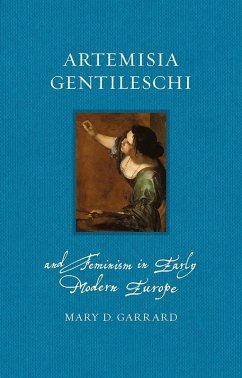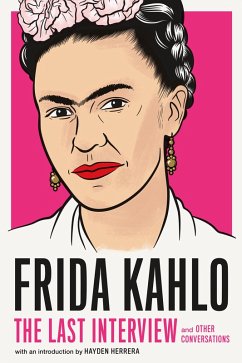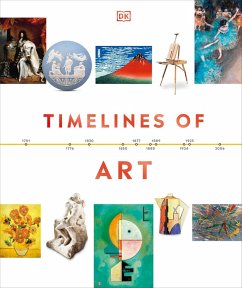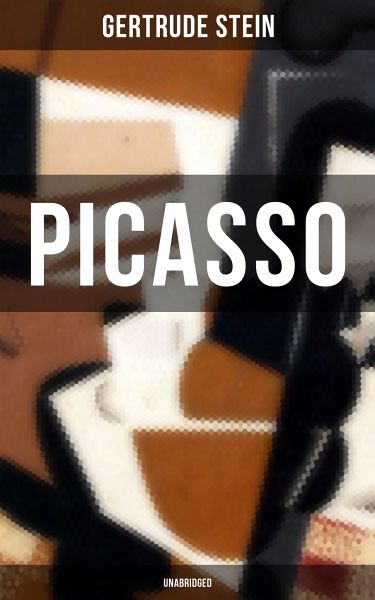
PICASSO (Unabridged) (eBook, ePUB)
Cubism and Its Impact
Versandkostenfrei!
Sofort per Download lieferbar
1,99 €
inkl. MwSt.
Weitere Ausgaben:

PAYBACK Punkte
0 °P sammeln!
In Gertrude Stein's masterpiece, PICASSO (Unabridged), readers are taken on a journey deep into the heart of the relationship between the author and the legendary artist, Picasso. Stein's unique literary style, characterized by her use of repetition and stream-of-consciousness writing, beautifully captures the essence of Picasso's artistic genius and his impact on the modern art movement. Set against the backdrop of early 20th-century Paris, the book delves into the complexities of creativity, friendship, and the evolving nature of art. Stein's exploration of Picasso's work sheds light on the ...
In Gertrude Stein's masterpiece, PICASSO (Unabridged), readers are taken on a journey deep into the heart of the relationship between the author and the legendary artist, Picasso. Stein's unique literary style, characterized by her use of repetition and stream-of-consciousness writing, beautifully captures the essence of Picasso's artistic genius and his impact on the modern art movement. Set against the backdrop of early 20th-century Paris, the book delves into the complexities of creativity, friendship, and the evolving nature of art. Stein's exploration of Picasso's work sheds light on the interconnectedness between literature and visual art, making this book a must-read for art enthusiasts and scholars alike. Gertrude Stein, a prominent figure in the modernist movement, was a close friend and supporter of Pablo Picasso. Her deep understanding of Picasso's work and artistic vision shines through in this captivating biography. Stein's intimate knowledge of the artist's life and personality adds depth to the narrative, offering readers a unique perspective on the man behind the masterpieces. For readers interested in delving into the world of modern art and gaining insight into the life and work of one of the most influential artists of the 20th century, PICASSO (Unabridged) by Gertrude Stein is an essential read. Stein's eloquent prose and profound observations make this book a valuable contribution to the study of art history and the cultural impact of Picasso's legacy.
Dieser Download kann aus rechtlichen Gründen nur mit Rechnungsadresse in A, B, BG, CY, CZ, D, DK, EW, FIN, F, GR, H, IRL, I, LT, L, LR, M, NL, PL, P, R, S, SLO, SK ausgeliefert werden.




